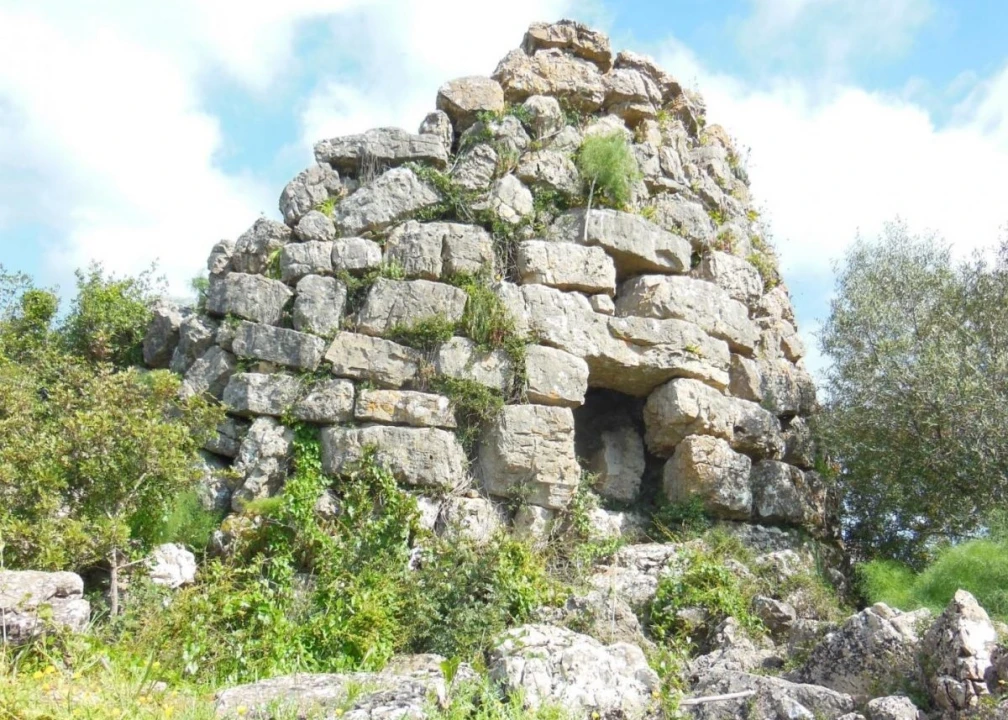A new study of the genetic history of Sardinia, a Mediterranean island off the western coast of Italy, tells how genetic ancestry on the island was relatively stable through the end of the Bronze Age, even as mainland Europe saw new ancestries arrive.
The study further details how the island’s genetic ancestry became more diverse and interconnected with the Mediterranean starting in the Iron Age, as Phoenician, Punic, and eventually Roman peoples began arriving to the island.



